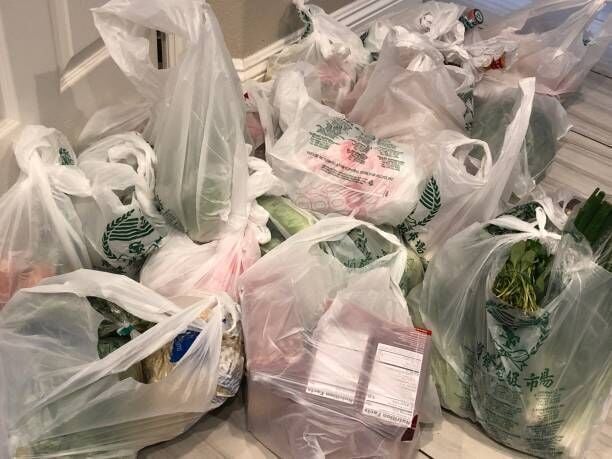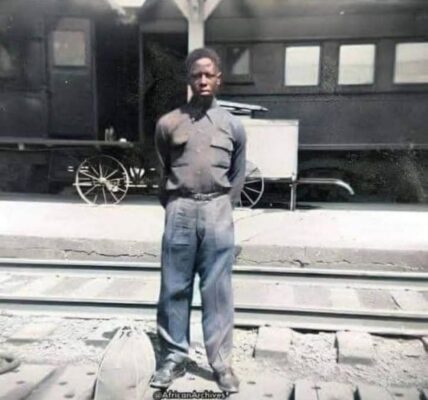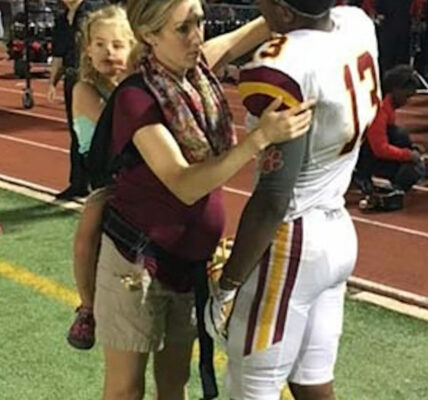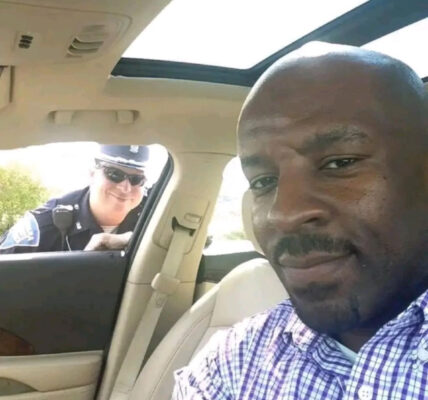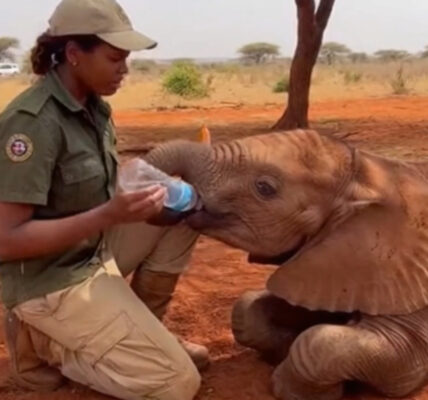
Grief is strange. It sneaks up, steals your breath, and leaves you feeling completely frozen, even when everyone around you means well. I learned that the hard way when my father passed away. On the outside, I looked fine. Functional, even. But inside, I was shattered.
The calls, the texts, the DMs—it was overwhelming. People asking, “What can I do to help?” The question itself made me feel incapable, because I didn’t know what I needed. I couldn’t think straight. I couldn’t make decisions. I just sat on the swing in our yard and stared into space.
Then a message appeared from a friend I barely knew. She had only met my father once, but somehow, she understood what I couldn’t put into words. The text was simple:
“Will you be home at 8:30 tonight?”
I almost ignored it. She lived twelve hours away. Why would she even ask? But I replied, “Yes.”
Ten minutes later:
“K. Instacart will be there at 8:30. Open the door for them.”
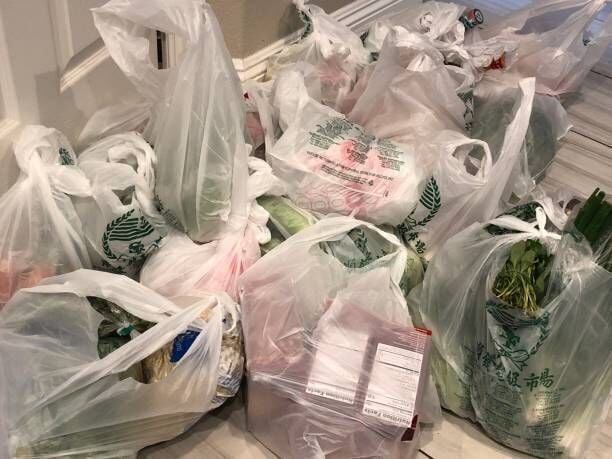
I blinked. A half hour later, two massive bags of groceries arrived on my porch. Frozen pizzas, Stouffer’s lasagna, ice cream, Oreos, tinned soup, milk. Things I could heat up if I needed a meal. Things I could eat if I just needed comfort. Things that reminded me it was okay not to think, not to plan, not to make a single decision.
They called it “Grief Groceries.”
Another friend, also out of town, asked my partner for the name of a local restaurant we liked. She sent it, and an hour later, a $250 gift card arrived in my inbox. Not enough to feel like charity, but enough to take the pressure off for weeks. That night, we ate. The next week, we ordered takeout several times, because cooking was impossible. We didn’t save it for the “right moment”—we just ate, because someone else had made the choice for us.
These gestures taught me something invaluable: grief is exhausting, and it steals the ability to make even small decisions. Asking, “What do you need?” is a heavy burden when you’re already collapsing under the weight of loss. But asking, “Can I take the kids for a few hours?” or “Will you be home tonight?” or “Do you want me to pick up a few things from Target?”—these are choices small enough for someone grieving to respond to. Showing up, mowing the lawn, bringing groceries, sending a gift card—these are ways of loving that remove decisions, and sometimes, that’s exactly what someone needs most.
Grief isn’t permanent. Eventually, those who mourn surface, begin to breathe again, and start making choices. But in the early days, the smallest gestures, the simplest decisions made for them, can feel like lifelines.
Grief groceries. Tiny acts that speak louder than words. A reminder that in the darkest times, it isn’t just about asking how you can help—it’s about knowing when to act, even from afar.
